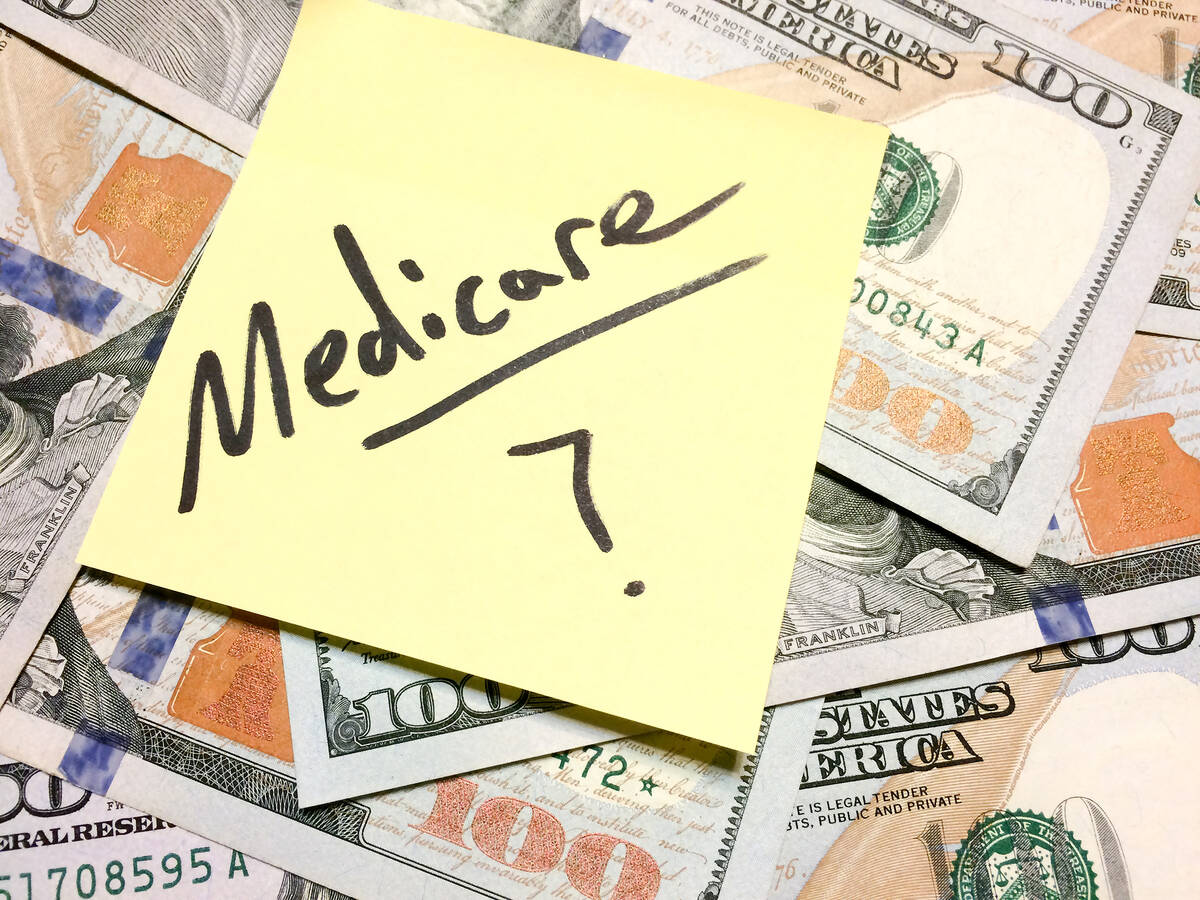Answering common ‘what if’ questions on Medicare
You can’t put a price on knowing the correct answer to Medicare quandaries — because with Medicare, what you don’t know will cost you. Here are some responses to “what if” questions recently submitted by readers.
1. What if I did not enroll in Medicare Parts A and B when I should have, because I do not want to pay that extra Part B premium each month? I do not go to the doctor or take any prescriptions. Can I enroll later?
If you are past 65 years and 90 days old, not working full time with employer benefits and decide to enroll in Medicare Part B, then you will have a big problem.
You must wait until Medicare’s general enrollment period (Jan. 1-March 31) to enroll. You will receive a Part B penalty, which is a 10 percent increase in your premium for each 12-month period that you could have been enrolled. You will pay this late-enrollment penalty for as long as you are on Medicare Part B.
But without Part B, you would have to pay 100 percent out of pocket for doctor care, whether for an office visit or surgery, and any outpatient care, including MRIs, radiation, chemotherapy, X-rays, etc.
Please enroll in Part B at the right time! Don’t wait too long or you will pay the price.
2. What if I am past 65, retiring with employer health insurance and need to enroll in Medicare Part B? What do I do?
When you’re retiring or have been laid off past age 65, we advise having your employer sign the Request for Employment Information (form CMS-L564) and attaching it to your Application for Enrollment in Medicare Part B (form CMS-40B). Take both forms to your local Social Security office to enroll in Medicare Part B as quickly as possible.
3. What if I did not enroll in a Medicare Part D plan when I turned 65 and now I am taking an expensive medication? When can I enroll in Part D?
If you fail to enroll in a Medicare Part D plan at the right time, then Medicare’s annual enrollment period (Oct. 15-Dec. 7) is when you can enroll in a stand-alone Part D plan or a Medicare Advantage plan with a Part D plan.
The new plan will begin Jan. 1, with a Medicare Part D penalty for not enrolling at the proper time.
4. What if I am on a limited income and cannot afford my Part B premium or prescription drug cost?
Contact or visit your state Medicaid office and see if you qualify for Medicaid’s Qualified Medicare Beneficiary program or Specified Low-Income Medicare Beneficiary program. Call your local Social Security office or apply online if you have a limited income and did not qualify for Medicaid. Each year the income qualifications change. The worst Medicaid or Social Security can say regarding qualifying for extra financial assistance is no.
Toni King is an author and columnist on Medicare and health insurance issues. If you have a Medicare question, email info@tonisays.com or call 832-519-8664.

















